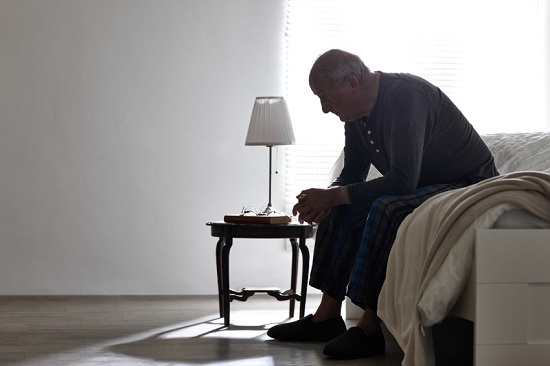
The effects of hearing loss seem obvious, including the stress of the continual struggle to hear and the impact this can have on relationships. But what if the repercussions went deeper, and could actually impact your personality?
Research from the University of Gothenburg reveals that this might be the case. The researchers studied 400 men and women aged 80-98 over a six-year time frame. The researchers assessed several physical, mental, social, and personality criteria through the duration of the study, including extroversion, or the disposition to be outgoing.
Interestingly, the researchers couldn’t associate the decrease in extraversion to physical variables, cognitive decline, or social challenges. The single factor that could be connected to the decrease in extraversion was hearing loss.
While people in general become less outgoing as they get older, this study shows that the change is amplified in those with hearing loss.
The consequences of social isolation
Reduced extraversion, which can lead to social isolation in the elderly, is a major health risk. In fact, a meta-analysis of 148 studies examining the relationship between social isolation and mortality found that an absence of supporting social relationships was correlated with increased mortality rates.
Additionally, social isolation is a major risk factor for mental illness, including the onset of major depression. Going out less can also lead to reduced physical activity, leading to physical problems and weight issues, and the lack of stimulation to the brain—ordinarily received from group interaction and dialogue—can lead to cognitive decline.
How hearing loss can trigger social isolation
The health effects of social isolation are well established, and hearing loss seems to be connected to diminished social activity. The question is, what is it about hearing loss that makes people less disposed to be socially active?
The obvious answer is the trouble hearing loss can present in groups. For individuals with hearing loss, it can be exceedingly challenging to follow conversations when several people are speaking all at one time and where there is a large amount of background noise.
The persistent battle to hear can be exhausting, and it’s sometimes easier to forfeit the activity than to battle through it. Hearing loss can also be embarrassing, and can create a feeling of seclusion even if the person is physically part of a group.
For these reasons, amongst others, it’s no surprise that many people with hearing loss decide to avoid the difficulties of group communication and social activity.
What can be done?
Hearing loss causes social isolation largely due to the difficulty people have communicating and participating in group settings. To render the process easier for those with hearing loss, consider these tips:
- If you suffer from hearing loss, think about using hearing aids. Today’s technology can treat virtually all instances of hearing loss, delivering the amplification necessary to more effortlessly interact in group settings.
- If you have hearing loss, speak with the group beforehand, educating them about your hearing loss and suggesting ways to make communication easier.
- For those that know someone with hearing loss, try to make communication easier. Limit background noise, find quiet areas for communication, and speak directly and clearly to the person with hearing loss.
With a bit of awareness, preparation, and the right technology, we can all make communication a little easier for individuals with hearing loss.

